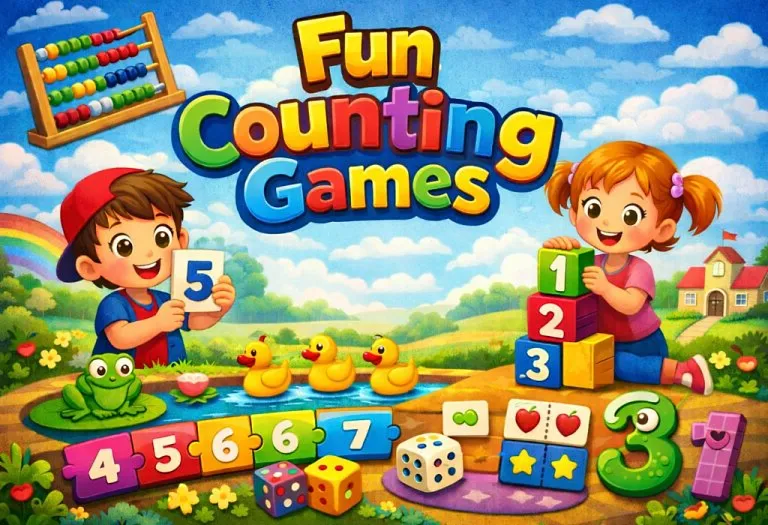3 Months Old Baby Care – Tips That Surely Help

Once your baby crosses the 3-month mark, you will begin to heave a sigh of relief. The constant crying that you experienced when he was a little baby would have reduced quite a bit, and you might have begun to understand some non-verbal cues, too. He will start showing a variety of expressions to convey what he feels. In order for his growth to continue unabated, here are some top tips on how to care for a 3-month baby. These three-month baby care tips and commonly asked questions and dilemmas will help you stay on top of the parenting game, making everyone you.
How to Take Care of Your 3-Month-Old Baby?
Keep these things in mind as you care for your little one.
1. Keep Track of When Your Child Gets Hungry or Sleepy
Most babies tend to grasp the concept of eating and sleeping on their own by the completion of 12 weeks. Your child will now be able to cry in a different style, which will help you know if he is hungry or just cranky because he cannot sleep or if he has wet his diaper. WHO suggests exclusive breastfeeding for at least the first six months of their lives (1). If your baby is bottle-fed, he would tend to feed a little more than usual, which would lead him to sleep longer, even throughout the entire night. Breastfeeding babies do wake up once in a while in their sleep, but this is not a reason to switch to a bottle.
2. Make Sure Your Baby Stays Safe at All Times
Your baby will start discovering his limbs and especially his hands. He will start connecting the dots of the fact that he does have some degree of control over the hands that he sees. This will lead to him grabbing whatever he can and putting it in his mouth. Make sure there are no sharp objects or unhygienic items in his crib or anywhere close to him. Small items could easily lodge in his throat and choke him. While travelling, make sure that he can’t reach any objects from the car seat and stays securely in it.
3. Communication Needs to Continue Without Interruptions
Taking care of a 3 months old baby is one thing, but shaping him into a social individual is a different ballgame. Many studies depict that parents who tend to communicate with their babies or have conversations with them end up with kids who have a good understanding of social cues, a better IQ, and a quicker grasp of vocabulary as well. Talk to your baby whenever you interact with him. By this time, babies are slowly recognising people with their smell, sight, and voice (2). Let him know you are changing the diaper or feeding him. Show him colourful books and make stories out of them.
4. Don’t Leave Them Crying and Wailing All By Themselves
While some parents do believe that if a baby cries unnecessarily, let him be, and he will stop crying in a while, this doesn’t usually apply to babies who are just 3 months old. These babies cry only for reasons such as hunger, discomfort, or sleep. All of these need the attention of the parent in any case since that is the only way your baby can talk to you. If the baby keeps crying and nobody attends to him, he begins to feel unsafe and might lead to crying even more until he exhausts himself. There is no spoiling the baby with too much attention at this age. Sometimes, a baby would just want to be cuddled, and that is a valid need, too.
5. Taking the Baby Outside Requires a Whole Lot of Advance Preparation
You might want to take your baby out for a small stroll, or longer on a picnic, or maybe to a different city. All of this entails carrying the necessary items with you all the time. What the baby might require at any point in time cannot be pinpointed, and being over-prepared is better than being caught unprepared. Use a baby pram that can house a lot of items if you’re taking him around. If travelling to a city in the summer, get breathable clothes and hats to protect him from the sun. Keep the essentials of diapers, toys, bottles, and wipes always with you.
6. Playtime Can Also Be Care Time
After about 12 weeks, babies tend to stay awake more often than before. They might keep themselves engaged, but they need a stimulus occasionally. Every day, schedule some time to play with your little one. It could be with his own toys or you could tell him a story too. Listen to your favourite music and sing along to it or take him to a park for a stroll (3). Let your baby listen to your humming. All of these activities build a very personal bond of trust and affection between you two.
7. A Good Routine Helps Everyone
Neither parents nor babies like to have things unexpected. By establishing fixed times to feed, sleep, and play, your baby can expect them gradually and not be caught off-guard. This makes him feel safe and secure and supports his continued growth.
FAQs
1. How do I soothe my crying 3-month-old newborn baby?
To soothe your crying three-month-old, pick them up and hold them, take them for a walk in a stroller, use white noise, or gently rock them. Make sure they are well-fed and have clean diapers. Although three-month-olds can start to self-soothe, these techniques can help calm a fussy baby (4).
2. How can I ensure my little baby develops and throws with play?
Engage your three-month-old in playful activities to promote learning. Try clapping hands in different positions, imitating facial expressions, giving gentle infant massages, and doing leg pedalling exercises. Talk to your baby frequently and incorporate tummy time. Playing with their favourite objects can also encourage vocalization, attention, motor skills, and body language development (5).
3. How often and how much should I feed my 3-month infant?
Breastfed three-month-olds typically feed about eight to ten times in 24 hours. Formula-fed babies usually eat every 4-5 hours, consuming around 4-5 ounces per feeding (6). Remember, each baby is unique, and feeding patterns can vary.
Babies require a lot of care and attention, and when it comes to taking care of 12-week old baby, things are still not as streamlined as they need to be. Keeping your cool and not falling prey to anxiety can help you tackle any problem that might come your way. Enjoy the feeling of motherhood and know that you will be a good mother to your child in every scenario.
References/Resources:
1. Breastfeeding; WHO; https://www.who.int/health-topics/breastfeeding#tab=tab_1
2. Your baby’s growth and development – 3 months old; Pregnancy Birth & Baby; https://www.pregnancybirthbaby.org.au/babys-growth-and-development-3-months-old
3. Healthy Start, Grow Smart: Your Three-Month-Old; U.S. Departments of Agriculture; https://www.govinfo.gov/content/pkg/ERIC-ED467077/pdf/ERIC-ED467077.pdf
4. Fussy Babies; C.S. Mott Children’s Hospital; https://www.mottchildren.org/posts/your-child/fussy-babies
5. Learning, Play, and Your 1- to 3-Month-Old; Nemours KidsHealth; https://kidshealth.org/en/parents/learn13m.html
6. The First 12 Months: What and When to Feed Your Baby; UC Davis Medical Center; https://health.ucdavis.edu/media-resources/children/documents/general/First%2012%20Months_rev.pdf
Also Read:
3 Months Old Baby Activities
3 Months Old Baby Milestones
3 Months Old Baby Growth and Development
Was This Article Helpful?
Parenting is a huge responsibility, for you as a caregiver, but also for us as a parenting content platform. We understand that and take our responsibility of creating credible content seriously. FirstCry Parenting articles are written and published only after extensive research using factually sound references to deliver quality content that is accurate, validated by experts, and completely reliable. To understand how we go about creating content that is credible, read our editorial policy here.







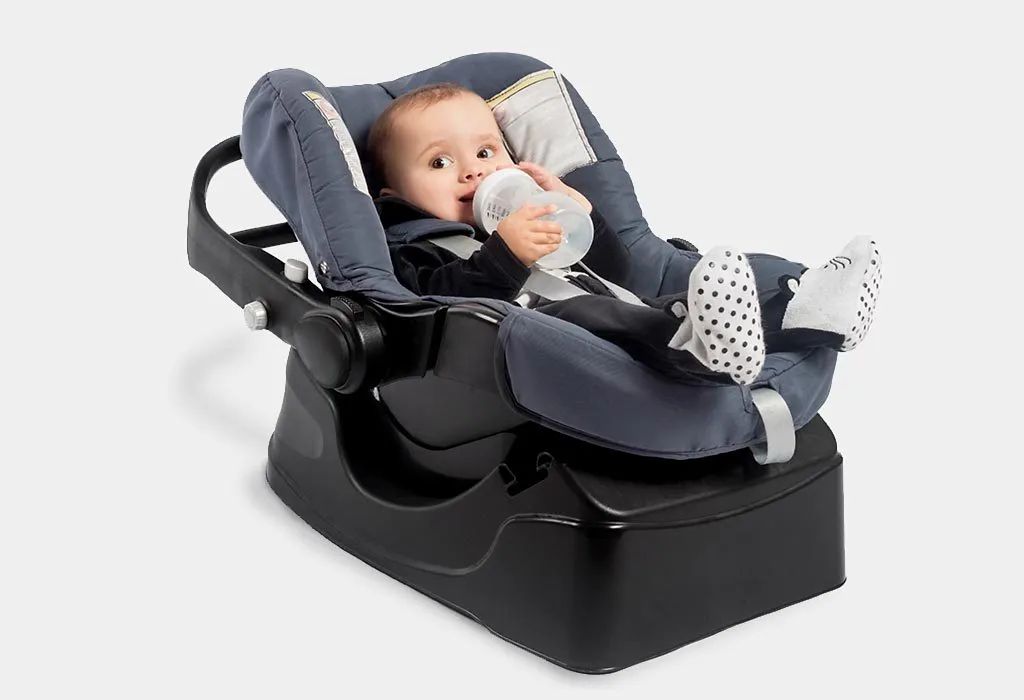
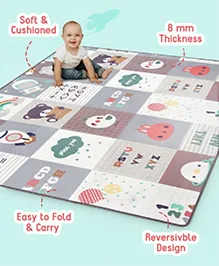

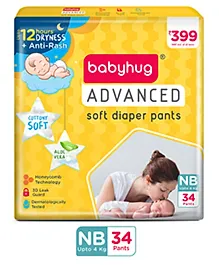
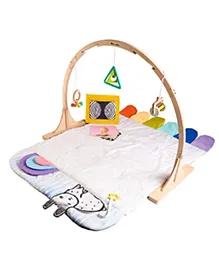
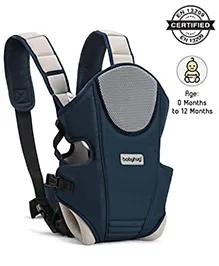

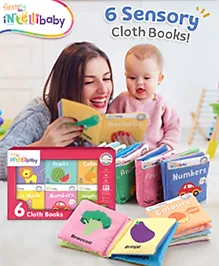

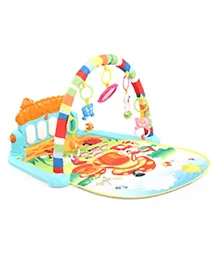

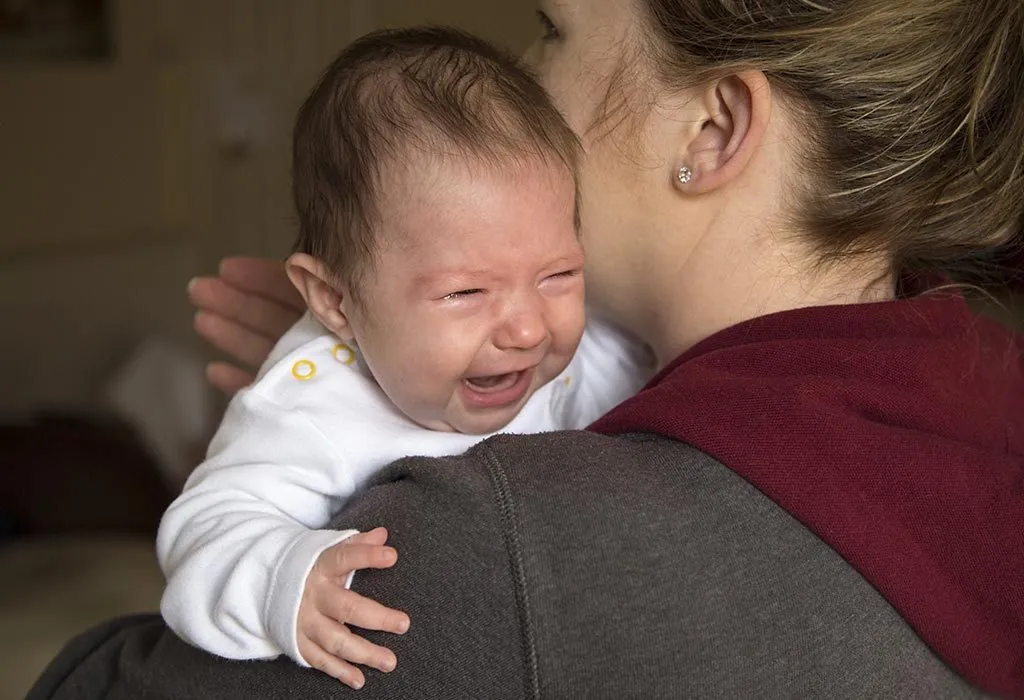
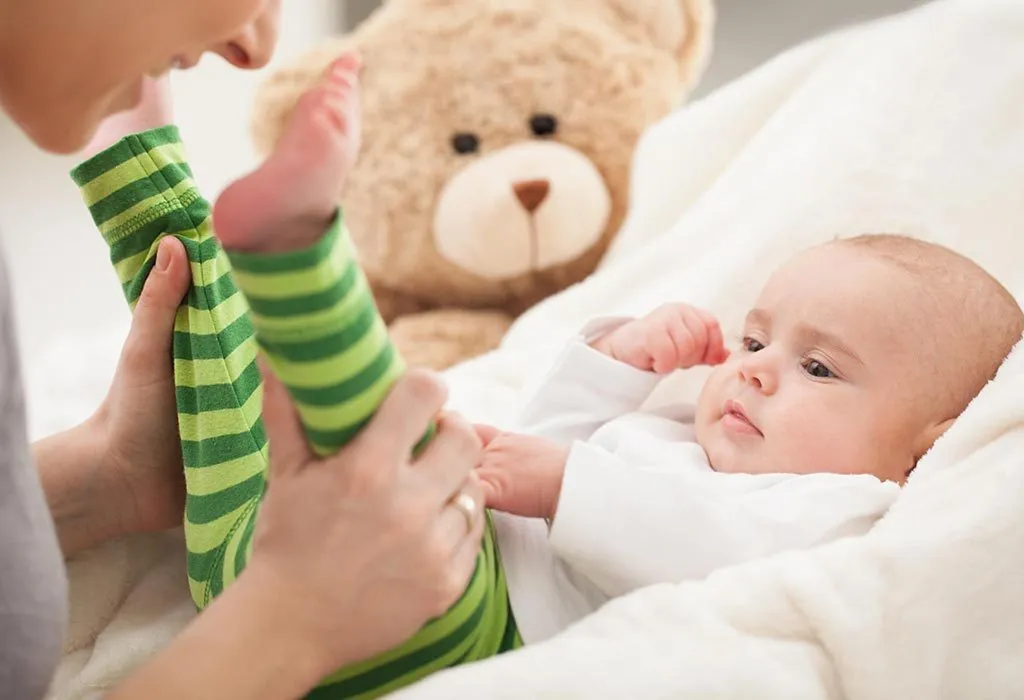





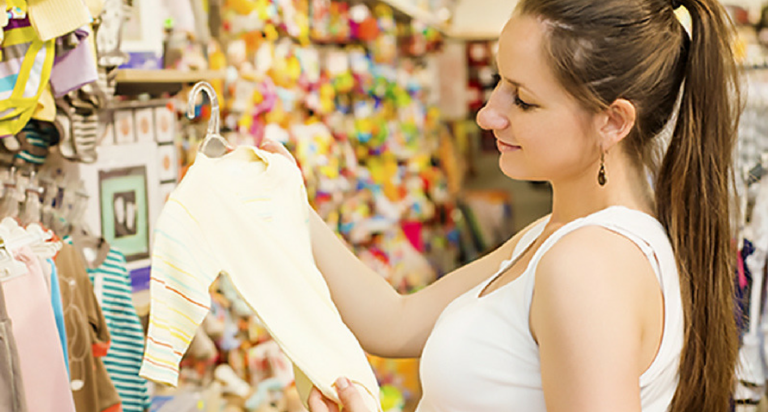

.svg)









